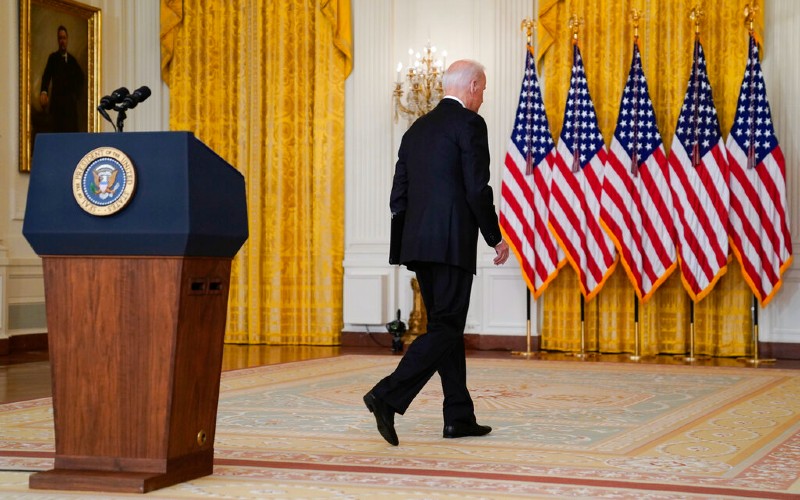In an official post last week, the Dept. of Homeland Security has announced a proposed policy that would allow a federal officer to grant or deny an asylum request. DHS insists that change would ease the backlog of immigration court cases that now number more than one million for foreigners who claim they are in danger if they return to their homeland.
Asylum requests currently begin with a face-to-face meeting with a federal officer, who can find the applicant has a credible fear of persecution back home and grant the request. That rarely happens. Most requests are forwarded to a federal immigration court where a judge hears the case and where most requests are eventually denied.

Not only are most asylum requests denied, by the time the immigration court judge rules, the asylum seeker is often a no-show in the courtroom.
Ira Mehlman of the Federation for American Immigration Reform, or FAIR, says what the Biden administration wants to do at the overwhelmed border is to move people across as fast as possible.
“So they don't all get jammed up in those detention facilities and it looks bad on television. But that's not the answer,” he says. “The answer is to discourage people from coming here and filing bogus asylum claims.”
DHS wants to take action at the same time record-breaking numbers of illegal aliens are streaming into border states, especially in Texas.
According to Mehlman, news of an easier path to permanent US. residency will only “entice” more people to come to the U.S. and claim asylum.
"So the administration needs to consider its positions very, very carefully,” he warns, “but they don't seem to."







